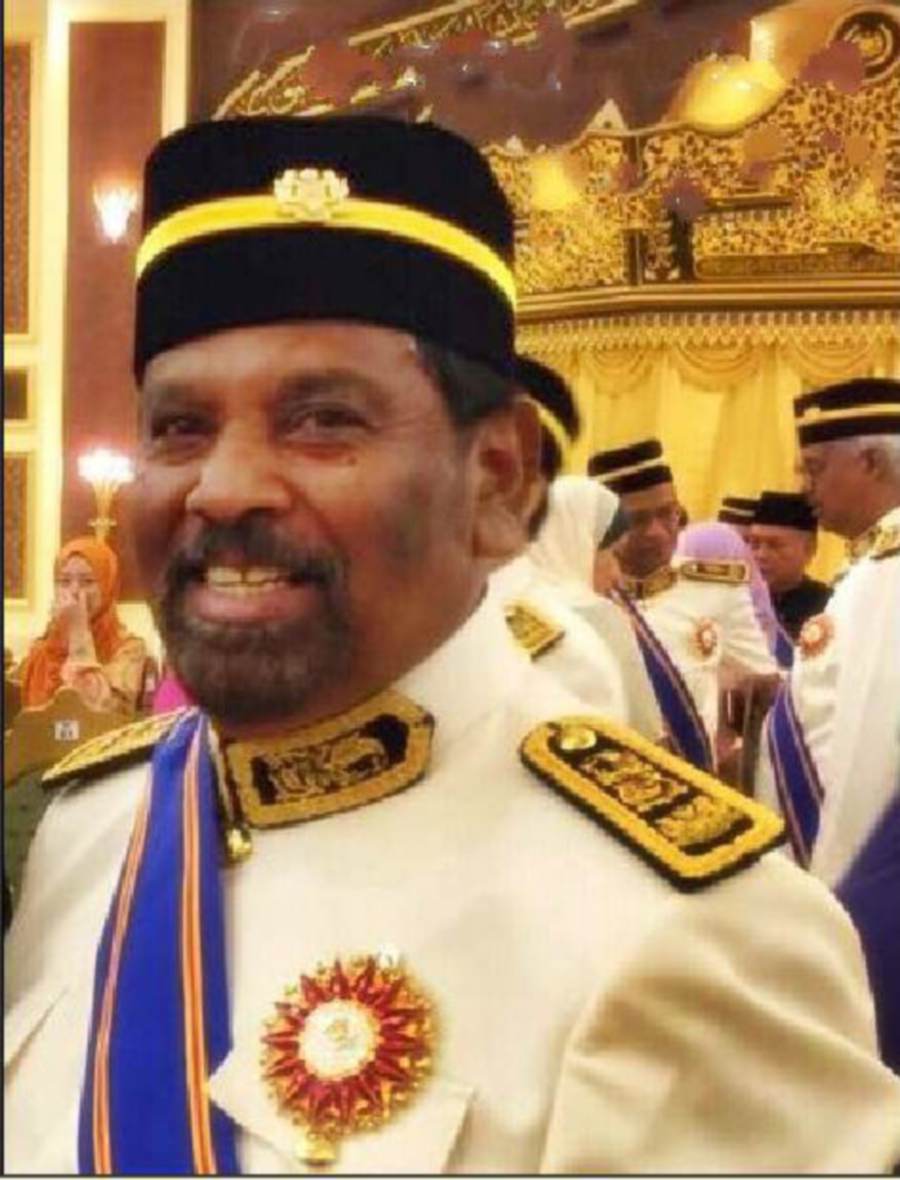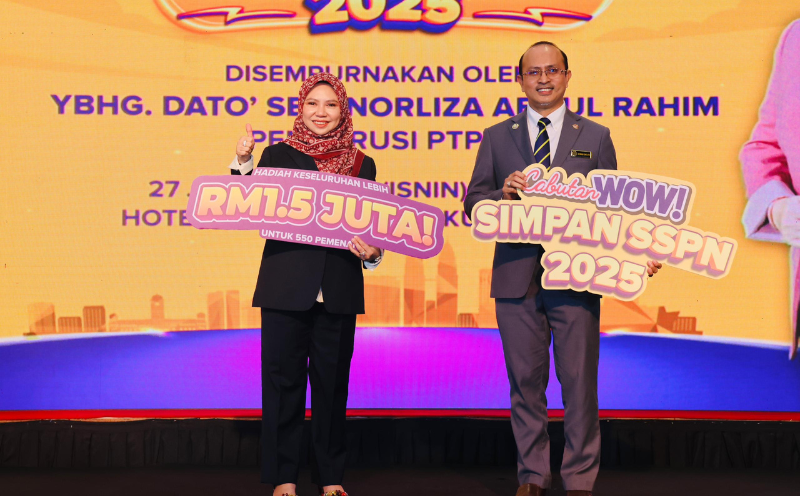KUALA LUMPUR: The Human Resources Ministry (MOHR) said it finds it hard to digest the unsubstantiated arguments put forth by the Malaysian Trades Union Congress (MTUC) and the Malaysian Employers Federation (MEF) in urging Dewan Negara to reject amendments to the Industrial Relations (Amendment) Bill 2019.
In a sharply-worded and lengthy statement today, the ministry said many had hailed the amendment as a game changer for more effective unions and a more robust industrial relations system.
The statement added that the amendment had received backing from many stakeholders, non-governmental organisations and activists.
“This includes the support of the president of the Union Network International-Malaysia Labour Centre (UNI-MLC), Datuk Mohammed Shafie BP Mammal, who called the amendments ‘a positive indication’ and that it will enhance and improve workers protection in Malaysia; in addition to backing from MTUC Sarawak’s Andrew Lo,” it said.
The MOHR said both the MTUC and the MEF’s argument that the Human Resources Ministry had not consulted employee and employer representatives on the amendments, which, they claim, are not endorsed by the National Labour Advisory Council (NLAC) is baffling.
The ministry referred to the International Labour Organisation’s (ILO) Convention 144 (C144) – Tripartite Consultation (International Labour Standards) Convention 1976, as mentioned by the MTUC and the MEF – which Malaysia had ratified in 2002.
The convention expresses that representative organisations of employers and workers need only be consulted with respect to matters concerning the activities of the ILO.
“The Convention only expresses consultations, and not endorsement, as claimed by the MTUC and the MEF, and the Ministry has extended beyond the matters concerning the activities of the ILO, and over the years, has gone the extra mile to engage and
consult with the MEF and the MTUC, but also with many other stakeholders, including non-governmental organisations.
“The key word is consultation, and nowhere is it stated that we should get endorsement of both tripartite partners. The National Labour Advisory Council (NLAC) constitution expresses the same view as C144, that there must be consultations and not endorsement.
The ministry emphasised that consultations among the stakeholders had been conducted online through the ministry’s website; and public engagements with NGOs and parties who are not members of the NLAC.
“The Ministry, with the help of the ILO, had also invited its international resource persons from Switzerland, Karen Curtis, an expert in the area of Freedom of Association, to help understand the principles of industrial relations with reference to international standards (vis-à-vis the amendments), which were attended by MTUC and MEF members.
It added that a tripartite delegation, under the sponsorship of the ILO, also visited Australia between July 8 and 11 to study their dispute resolution system and labour administration process.
“The ministry would like to draw the attention of both the MTUC and the MEF that this year alone, we have had nine (9) National Labour Advisory Council (NLAC) meetings to discuss various issues including amendments to labour legislations. MTUC and MEF representatives were present in all the nine (9) NLAC meetings”.
The statement added that officials from the Department of Industrial Relations, as well as the Department of Trade Unions, had also participated at dialogue sessions organised by the MTUC to explain and obtain feedback on the proposed amendments to Act 177 and Trade Unions Act 1959 to the trade union officials.
The session, which was conducted at ILP Bukit Katil on March 30; Perkeso Johor Baru on March 31; ILP Kota Samarahan on April 6; Perkeso, Kota Kinabalu on April 7; and ILP Kuala Lumpur on April 12, was attended by MEF representatives.
“We would (also) like to draw the attention of the MTUC and the MEF that they had officially given their written comments
on the proposed amendments to Act 177.
“The email from the MTUC, attaching MTUC’s comments, dated Jan 12, was signed by J. Solomon, the Secretary General of the MTUC.
“The MEF submitted their comments on the amendment to Act 177 on Jan 9 and Aug 25.
“The amendment was certainly not done in a rush as claimed, for the discussion had started as early as Dec 2018.
“In all fairness, the ministry has taken new initiatives by engaging the public online,
and parties who were interested in the amendment and not limiting (the discussion) to the tripartite partners”.
It added that the draft amendments to Act 177 were presented and discussed
with the MTUC and the MEF separately on Aug 26 in Putrajaya.
Both the MTUC’s and the MEF’s views were taken into consideration, and only a month later, on Sept 26, the final text of the amendments was submitted to the Attorney General’s Chambers, and a copy of the text was extended to all the NLAC members, it added.
“The ministry would like to assure all parties concerned, including workers in the country, that the amendments to this Act… is part of a holistic review (aimed at) moving towards conformity to international labour standards.
“This is in line with the promise by the government of Pakatan Harapan to enhance and
improve workers’ protection and sustain employers’ business,” it added.
The ministry also dared the MTUC and the MEF to tell Malaysians which provisions of the Bill they agree or disagree with, and why.
The bill is available online at Parliament website’s for all parties to read, it added.
“The ministry hopes the above explanation will put to rest unwarranted claims by the MTUC and the MEF that the amendments to Act 177 need to be endorsed by them.
“The only requirement is consultation, which speaks for itself in our explanation”.
The Industrial Relations (Amendment) Bill 2019 was tabled in the Dewan Rakyat on Oct 7.










